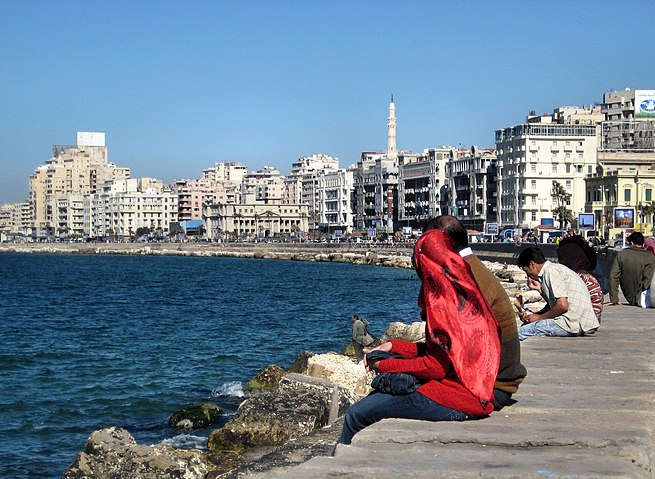
Main Difference
The main difference between City and Suburb is that the City is a large and permanent human settlement and Suburb is a residential or a mixed use area, either existing as part of a city or urban area or as a separate area
-
City
A city is a large human settlement. Cities generally have extensive systems for housing, transportation, sanitation, utilities, land use, and communication. Their density facilitates interaction between people, government organizations and businesses, sometimes benefiting different parties in the process.
Historically, city-dwellers have been a small proportion of humanity overall, but following two centuries of unprecedented and rapid urbanization, roughly half of the world population now lives in cities, which has had profound consequences for global sustainability. Present-day cities usually form the core of larger metropolitan areas and urban areas—creating numerous commuters traveling towards city centers for employment, entertainment, and edification. However, in a world of intensifying globalization, all cities are in different degree also connected globally beyond these regions.
The most populated city proper is Shanghai while the largest metropolitan areas also include the Greater Tokyo Area and Jabodetabek (Jakarta). The cities of Faiyum, Damascus, and Varanasi are among those laying claim to longest continual inhabitation.
-
Suburb
A suburb is a mixed-use or residential area, existing either as part of a city or urban area or as a separate residential community within commuting distance of a city. In most English-speaking countries, suburban areas are defined in contrast to central or inner-city areas, but in Australian English and South African English, suburb has become largely synonymous with what is called a “neighborhood” in other countries and the term extends to inner-city areas. In some areas, such as Australia, India, China, New Zealand, the United Kingdom, and a few U.S. states, new suburbs are routinely annexed by adjacent cities. In others, such as Saudi Arabia, Canada, France, and much of the United States, many suburbs remain separate municipalities or are governed as part of a larger local government area such as a county.
Suburbs first emerged on a large scale in the 19th and 20th centuries as a result of improved rail and road transport, which led to an increase in commuting. In general, they have lower population densities than inner city neighborhoods within a metropolitan area, and most residents commute to central cities or other business districts; however, there are many exceptions, including industrial suburbs, planned communities, and satellite cities. Suburbs tend to proliferate around cities that have an abundance of adjacent flat land.
-
City (noun)
A large settlement, bigger than a town.
“São Paulo is one of the largest cities in South America.”
-
City (noun)
A settlement granted special status by royal charter or letters patent; traditionally, a settlement with a cathedral regardless of size.
-
City (noun)
The central business district; downtown.
“I’m going into the city today to do some shopping.”
-
Suburb (noun)
A residential area located on the outskirts of a city or large town that usually includes businesses that cater to its residents; such as schools, grocery stores, shopping centers, restaurants, convenience stores, etc.
-
Suburb (noun)
The outer part; the environment.
-
Suburb (noun)
Any subdivision of a conurbation, not necessarily on the periphery.
-
City (noun)
a large town
“one of Italy’s most beautiful cities”
“the city council”
-
City (noun)
a town created a city by charter and usually containing a cathedral.
-
City (noun)
a municipal centre incorporated by the state or province.
-
City (noun)
a place or situation characterized by a specified attribute
“the staff were in turmoil—it was panic city”
-
City (noun)
short for City of London
-
City (noun)
the financial and commercial institutions located in the City of London
“the Budget got a stony reception from the City”
“a City analyst”
-
Suburb (noun)
an outlying district of a city, especially a residential one
“a highly respectable suburb of Chicago”
“a working-class suburb”
“life is much better in the suburbs”
